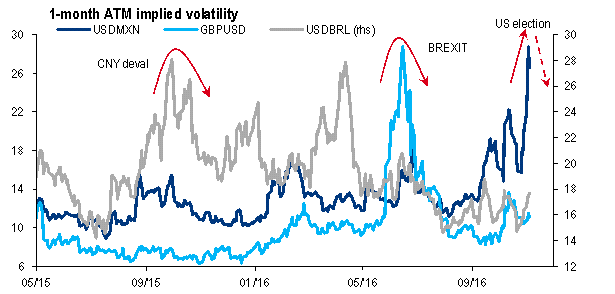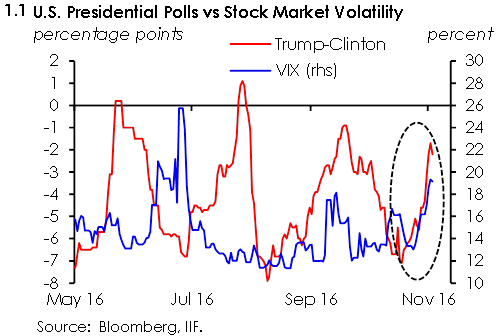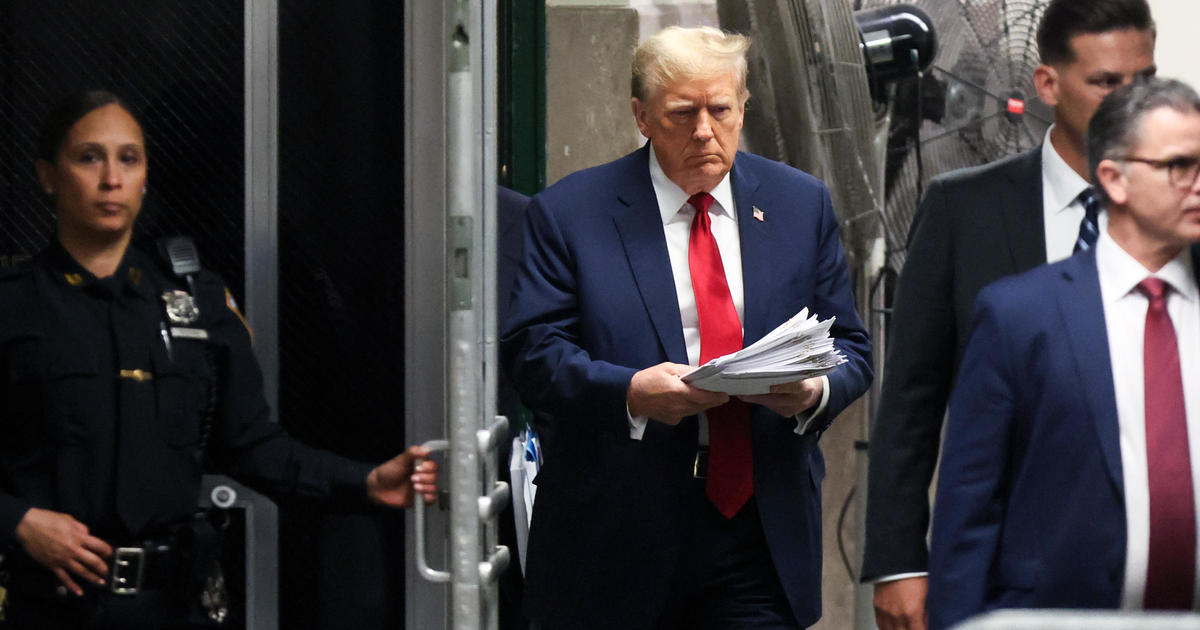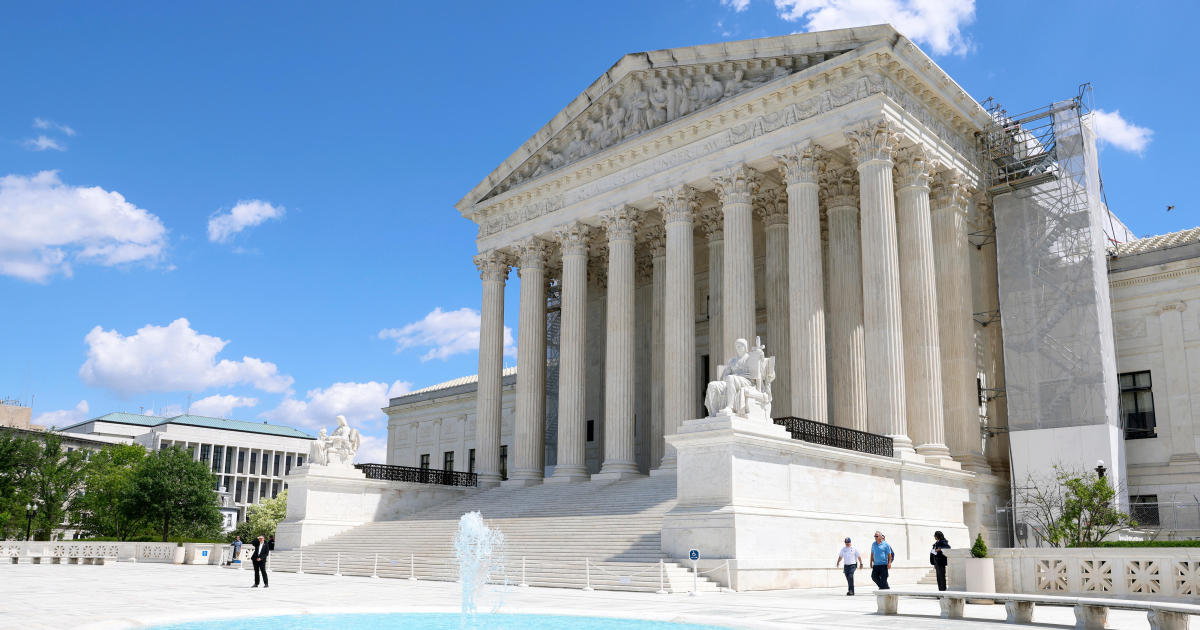As Trump keeps rising in polls, stocks keep falling
U.S. equities fell for the ninth consecutive session on Friday -- the longest losing streak since 1980 -- as investors grew increasingly nervous about the rising odds of GOP presidential hopeful Donald Trump prevailing over Democratic rival Hillary Clinton. Fresh polls show him taking the lead in New Hampshire, which could be enough to push him to victory, given polling in other battleground states (assuming he gets Nevada, Florida, and Maine’s Second Congressional District).
A Trump win next Tuesday could upend the three-year calm in the stock market: Citigroup analysts believe the result could be a 5 percent sell-off for stocks.
Trump is seen as the anti-establishment candidate whose aggressive nationalist policies could roil the global trade, monetary policy and immigration policies that have fueled this bull market by bolstering corporate profits. He could make an all-in effort, according to his supporters, to reverse the multidecade slide in labor’s share of income and middle-class vitality.
“Our September client survey showed that the Street convincingly believes that Hillary Clinton will be the next American president,” wrote Citi’s Tobias Levkovich. “However, if Donald Trump were to win, that outcome would have been unexpected and thereby may cause a jump in the equity risk premium.”
In other words, stocks would suddenly look riskier and thus, less valuable.
While stocks have been rattled, the bulk of the drama has been in the currency markets where the Mexican peso (chart above) has been roiled by worries that Trump’s demand for a border wall and a renegotiation of the North American Free Trade Agreement could imperil Mexico’s economy. This recalls currency market volatility surrounding China’s devaluation in late 2015 and the scare over the U.K.’s “Brexit” referendum results in June.
But stocks are feeling the pressure now too: The chart above from the Institute of International Finance shows a growing correlation with Trump’s rising poll numbers and the CBOE Volatility Index (VIX), known as Wall Street’s “fear gauge” because it measures the cost of protecting a portfolio against further market declines.
Significant technical support levels have been taken out. The Dow Jones industrials index is falling away from the 18,000 level -- first reached in 2014 -- that had sustained a tightening trading range since September. The Russell 2000 small-cap index has returned to April-July lows.
Seemingly unstoppable rallies in big-tech glamour stocks like Apple (AAPL) and Amazon (AMZN) -- which pushed the tech-heavy Nasdaq 100 to a new high on Oct. 25 -- have given way to the selling pressure as well. Apple is down nearly 8 percent over the last two weeks. Amazon is down nearly 11 percent from its early October high.
And moves in other assets, from weakness in crude oil to strength in gold, reflect growing concern about the path of the economy and the health of the financial system as the electoral outcome becomes more uncertain.
Whether this is merely another buying opportunity on the path to ever-higher prices -- as the scares over China and Brexit proved to be -- or the start of a correction, or even something worse, depends on who the American voters pick to lead the country on Tuesday.
But the context for all this is worrisome: Corporate earnings remain tepid, the economy is growing at just above stall speed, the Federal Reserve seems ready to raise interest rates again in December and the NYSE Composite Index (which peaked in May 2015) is on the verge of falling below trendline support that has carried it out of the lows seen at the start of the year.






